The Accessible Educational Services Coordinator (AESC) determines reasonable accommodations on a case-by-case basis in accordance with documentation from a medical professional. Some of the more commonly used accommodations include:
Accommodated Testing - Students who are eligible for accommodated testing (as stipulated in the accommodation letter from the AESC to the faculty member) will be given the opportunity to do so. The AESC will be able to provide accommodations for testing Monday through Thursday between the hours of 8:30 am and 4:00 pm.
Students may reserve space for accommodated testing by submitting a test appointment in the AESC two (2) days in advance of the examination. Professors always have the option of providing accommodations for students on their own. Professors are under no obligation to provide testing accommodations for students who have not made the request in a timely fashion.
Any questions regarding testing policies and procedures may be directed to fjcoxhar@iu.edu.
Assistive Technology - Assistive technology can be instrumental in aiding a student in accessing information that can enhance the learning experience. The AESC is committed to serving students with print related disabilities who are eligible to receive course materials in accessible formats (i.e. Word, PDF, MP3, and Braille) in accordance with the student's documented disability and accommodations. If a student qualifies for assistive technology on the basis of disability/medical condition and documentation, then the student will be granted permission to access technology and alternate format materials that best meets the student's needs.
Note-Taking - Access to class notes is determined upon a student’s medical documentation and an assessment of one’s condition and needs. It is recommended that students attend the note-taking study skills workshop that is offered through the AESC to strengthen note-taking ability. If access to class notes is approved as an accommodation, then the accommodation will be indicated on the letter that the student provides to each of his/her professors.
Students who are approved for this accommodation are required to attend class. If the AESC is notified by the professor that the student is missing class, then this accommodation can be rescinded.
Alternatives to class notes are permission for the student to audio-record lectures and/or use of a Smart Pen. The student is responsible for discussing with their professors their request to audio-record class lectures. The AESC can provide audio-recording devices or Smart Pens as a reasonable accommodation.
Service Animal Policy - The Americans with Disabilities Act (ADA) defines a service animal as any guide dog, signal dog, or other animal individually trained to provide assistance to an individual with a disability. According to the Department of Justice, a service animal is defined as “any dog that is individually trained to do work or perform tasks for the benefit of an individual with a disability, including a physical, sensory, psychiatric, intellectual, or other mental disability. Other species of animals, whether wild or domestic, trained or untrained, are not service animals for the purposes of this definition.” If the animals meet this definition, then they are considered service animals under the ADA regardless of whether they have been licensed or certified by a state or local government. Service animals perform some of the functions and tasks that the individual with a disability cannot perform for oneself. For example, a guide dog is used by some individuals who are blind. The work or task must be directly related to the individual’s disability. A service animal is not a pet.
If you are an IU Northwest student and have questions or concerns related to service animals at IU Northwest, contact the AESC at fjcoxhar@iu.edu.


